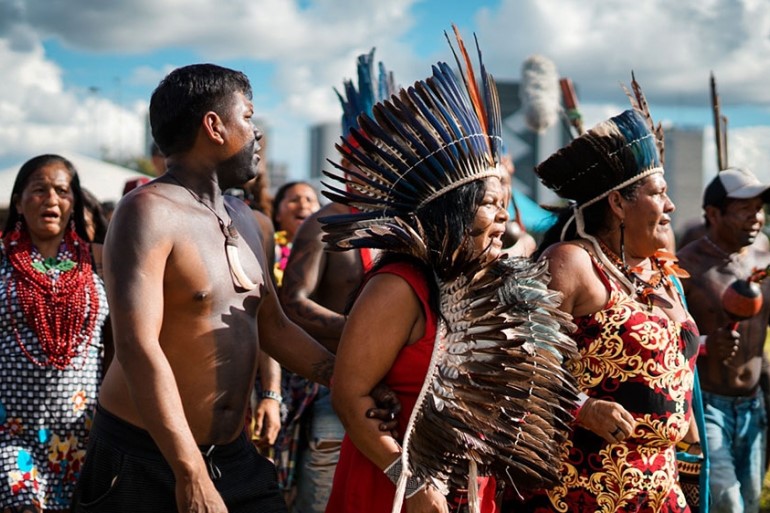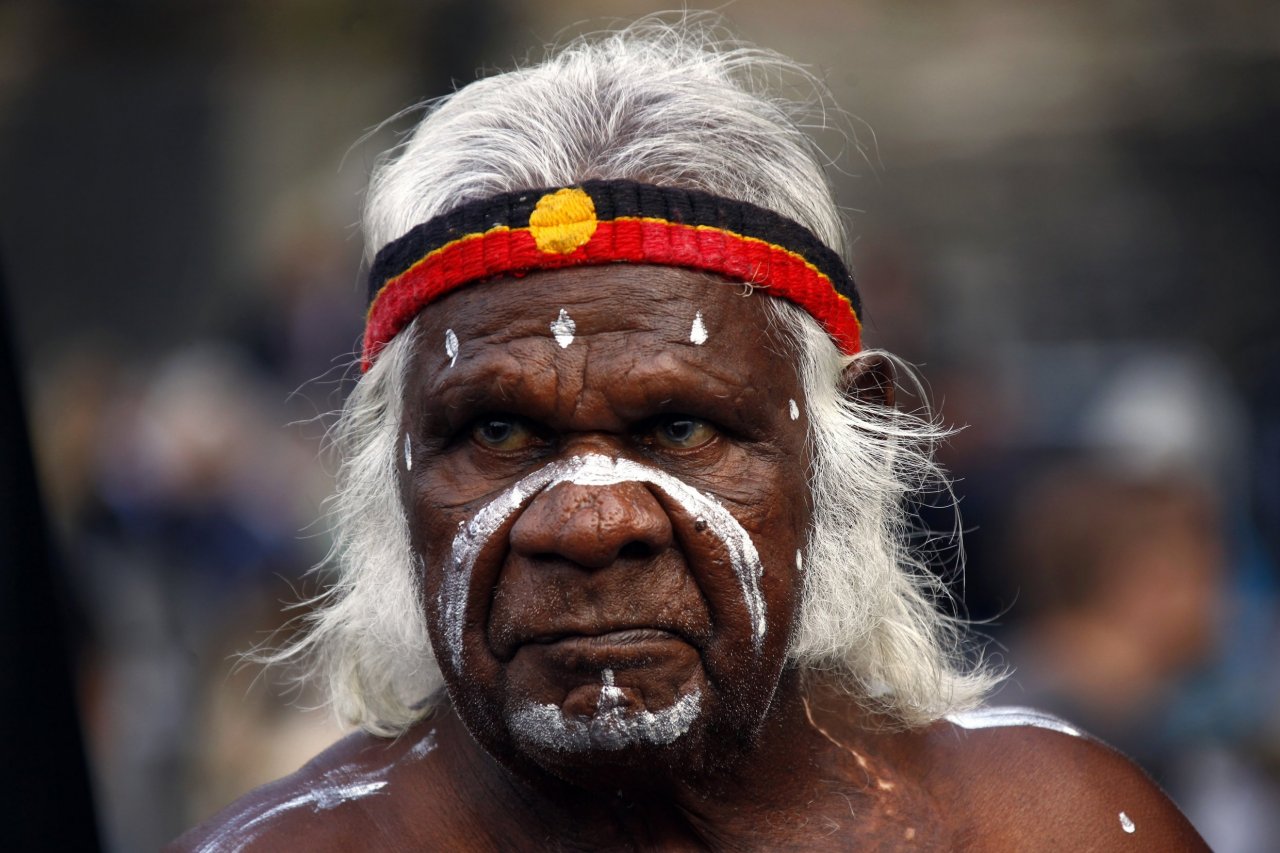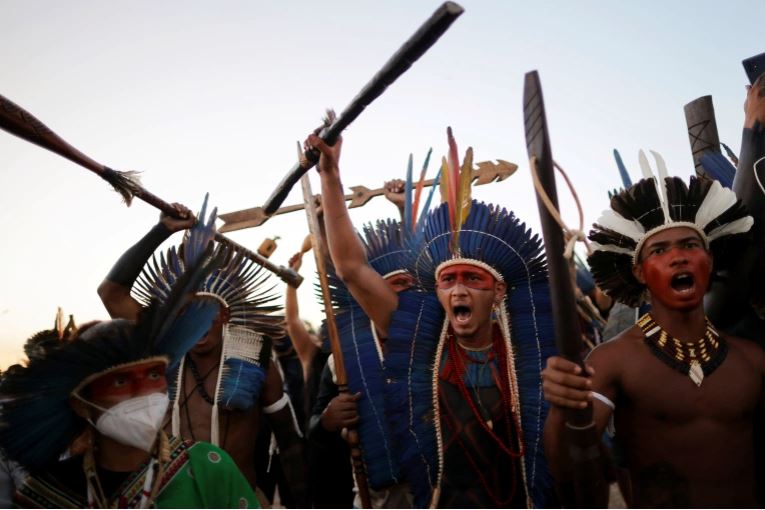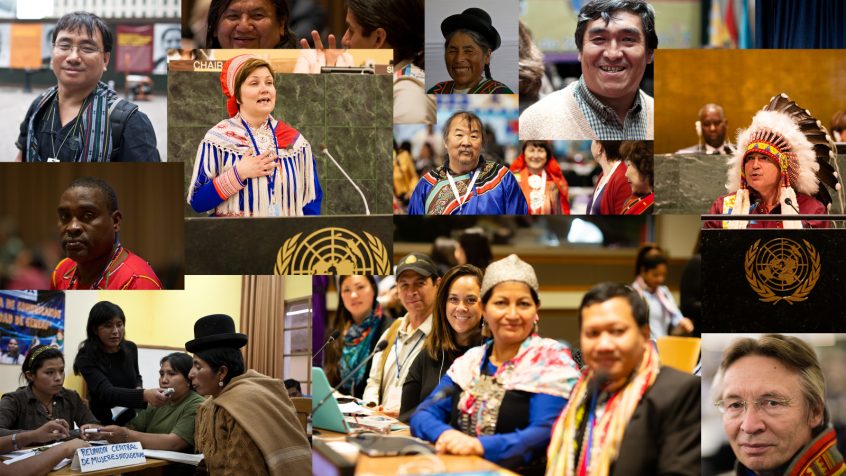Brazil’s Supreme Court and the Indigenous land claims

Indigenous people's ancestors have driven off their hunting grounds when European settlers began to arrive centuries ago/Aljazeera.
Brazil’s Supreme Court is to make a landmark ruling which will affect the future of hundreds of Indigenous land claims in Brazil.
The ruling will decide whether Indigenous people must have been living in the territories they claim as theirs before 1988 when the new democratic constitution was approved.
If the Supreme Court agrees to set a cut-off date, hundreds of claims which are currently being examined – and some that have already resulted in the creation of reservations – may be annulled.
Lawyers for the Indigenous people, who today number some 850,000 in Brazil, say the constitution that set their rights to ancestral lands makes no mention of a time framework.
They argue that the indigenous people’s ancestors have driven off their hunting grounds when European settlers began to arrive centuries ago, or were expelled from coveted farmland more recently, but before the 1988 cut-off.
This decision happens as Congress is trying to fast-track the approval of legislation opening Indigenous lands to mining, farming, logging – and which would also establish the cut-off date.
A ruling has been put on hold a few times over the past years.
As things stand, two members of the 11-member court have ruled so far, with one justice in favour of a cut-off date for land claims, while another has voted to end the timeframe.
Aljazeera.
- Most Viewed
- Most Popular











